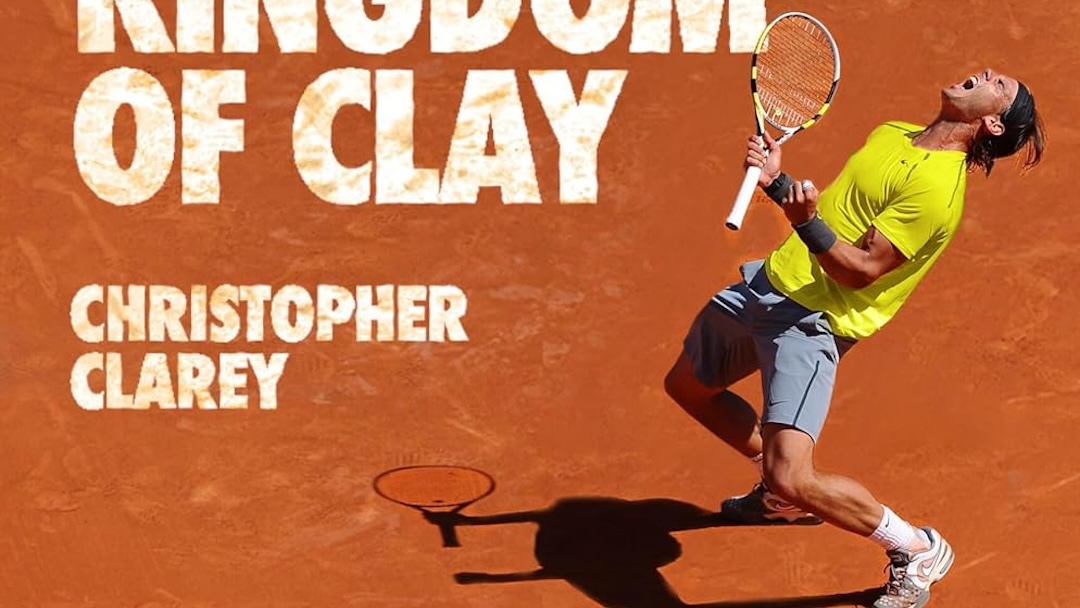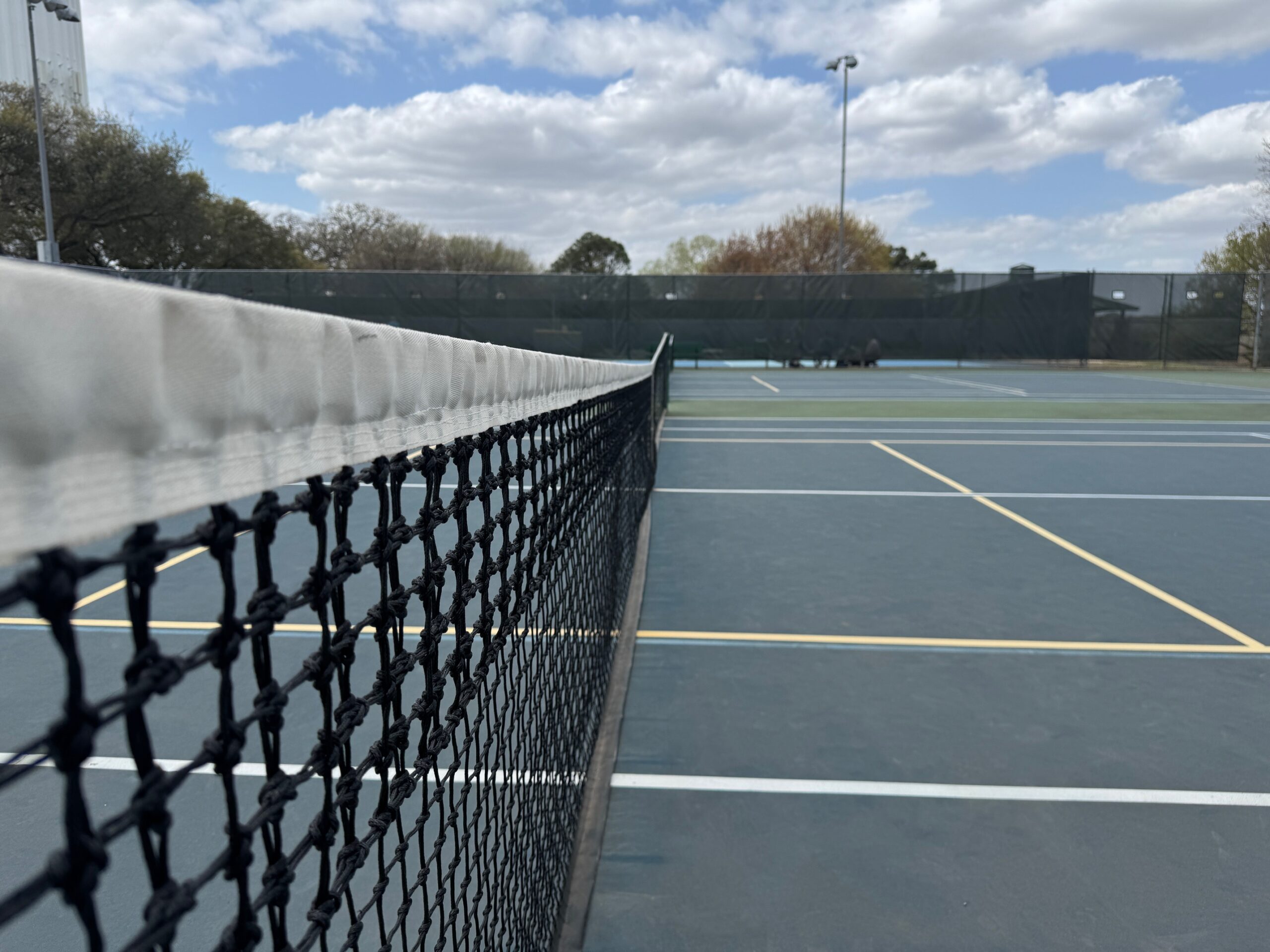“The Quest: Novak Djokovic’s decade of chasing at Roland-Garros came to an end, unlocking history” (a mouthful of a title) chronicles the journey that culminated with Djokovic’s first “career slam” in 2016 when he finally won the title that had previously eluded him. Before that occurred, Djokovic was on the outside looking in as the tennis world debated whether Roger Federer or Rafael Nadal would ultimately be regarded as the greatest player of all time. Winning Roland-Garros that year changed the narrative and inserted Djokovic into that conversation. I previously reviewed this book by French Journalist Carole Bouchard in 2022.
The Quest is an interesting companion piece to Christopher Clarey’s recently published book, The Warrior: Rafael Nadal and His Kingdom of Clay. That book examines the broad narrative arc of Nadal’s career, while The Quest was focused very specifically on the lead-up to Roland-Garros for that single tournament. Heading into that event in 2016, Djokovic had previously won 11 majors. He was chasing Nadal, who had 14 at the time, and both men were trailing Federer’s 18. Almost a decade later, those numbers have changed. Djokovic now leads with an all-time record of 24 titles. Nadal ended with 22, and Federer wound up with 20. Arguably, Djokovic’s breakthrough at the tournament that year changed the course of tennis history.
In her book, Bouchard places the players under a microscope, sparing no detail of their individual psyches, training routines, and idiosyncrasies. It also describes how the tournament itself operates from her inside perspective as a member of the French media. Bouchard also shared her secret journalistic strategy of scrutinizing player practice sessions, which can reveal the internal demons they are psychologically battling as they prepare for each match. Any mechanical issues in stroke technique or mental problems are laid bare to anyone paying close attention to those workouts.
Leveraging those techniques brought Bouchard to the theory that Djokovic might have been suffering from PTSD heading into the 2016 Roland-Garros after his disastrous implosion against Stan Wawrinka in the finals of that tournament the previous year. She details the signs of stress and strain exhibited by Djokovic personally, as well as members of his team, throughout the European red clay season leading up to the tournament in Paris.
Djokovic is a complex man whose very life and tennis career were built on a foundation of adversity. He has numerous nuanced and seemingly contradictory aspects to his personality, making him a challenging person to understand. In The Quest, Bouchard does an admirable job of providing a glimpse into one of the greatest and most enigmatic players in tennis history.
As this year’s Roland-Garros plays out, it’s impossible not to reflect on how far Novak Djokovic has come since the pivotal breakthrough chronicled in The Quest. His 2016 triumph on the red clay was not just the completion of a career Grand Slam—it was the moment that redefined the GOAT debate and propelled him to the pinnacle of tennis history. Nearly a decade later, Djokovic returns to Paris no longer chasing legends, but rather defending his own place among them. With Nadal absent and the next generation rising, this Roland-Garros offers another chapter in a saga that Bouchard captured at its most dramatic turning point. For fans of tennis history, it’s a perfect time to revisit the moment Djokovic finally conquered the red clay and to consider how that victory continues to echo through the sport today.
 | The Quest: Novak Djokovic’s decade of chasing at Roland-Garros came to an end, unlocking history |



